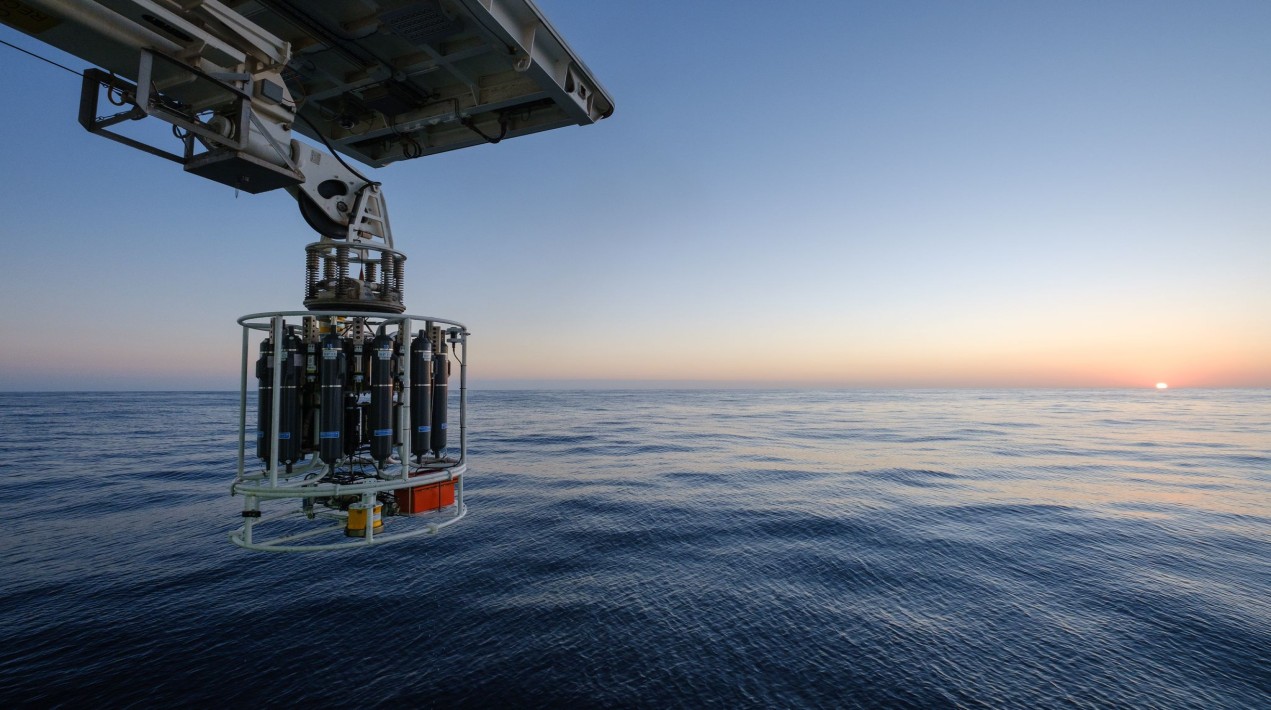
Taking part in an unprecedented expedition to the Southern Ocean, 14 prominent ocean chemistry laboratories hailing from 12 nations will collaborate to gather crucial oceanic information and assess the methods employed in measuring oceanic parameters.
The Australian national science agency, CSIRO, assumes leadership in the ground-breaking International Nutrient Intercomparison Voyage (INIV), a 14-day endeavour aboard their research vessel, the RV Investigator. Departing from Hobart on 5 June 2023, the mission aims to advance the understanding of oceanic dynamics.
The Chief Scientist of the voyage and Principal Research Engineer at CSIRO expressed that this extraordinary expedition presents a valuable chance for international laboratories to join forces and exchange their expertise.
By collecting data crucial for monitoring the well-being and productivity of the oceans, the voyage serves as a unique platform for collaboration and cooperation among global ocean chemistry laboratories. Over the course of 14 days at sea, the participating scientists will work closely together, employing standardised, state-of-the-art technologies and methods in their comprehensive ocean sampling efforts.
The dataset obtained from this expedition holds exceptional value as winter voyages to the Southern Ocean are infrequent due to the challenging oceanic conditions during this season. Furthermore, the data collected during this voyage will play a crucial role in bridging an information gap within existing records. This newfound knowledge will enhance researchers’ understanding of the fluctuations in nutrient levels throughout the Southern Ocean across different seasons of the year.
The Southern Ocean plays a crucial role in mitigating the effects of human activities, as it absorbs approximately 40%of carbon dioxide emissions. Additionally, its nutrient-rich waters sustain essential food webs and support overall productivity.
To study oceanic properties and nutrients, the participating researchers will utilize the advanced oceanographic instruments and onboard laboratories available on the RV Investigator.
A key technology employed for this purpose is the CTD (conductivity, temperature, depth) instrument, which enables the collection of seawater samples from various depths in the ocean. Capable of being deployed to depths of up to 6000 meters, the CTD instrument can gather up to 36 seawater samples from different points along the water column. The teams anticipate amassing and analysing over 5000 seawater samples throughout the course of the voyage.
A researcher from the Japan Agency for Marine-Earth Science and Technology (JAMSTEC) emphasised the significance of the voyage in establishing a worldwide network among laboratories. In light of the swiftly evolving oceanic conditions, comprehending these changes holds the utmost importance.
The expedition is expected to not only enhance the overall quality and consistency of the global database but also offer a distinctive platform for educational networking and fostering future collaborations.
During the voyage, the participants will engage in a series of workshops and presentations aimed at sharing the knowledge acquired with their colleagues on land. Additionally, as part of the World Oceans Day celebrations on 8 June 2023, the voyage participants will deliver presentations to school students.
This remarkable expedition serves as a notable collaboration in the realms of science, education, and training. It plays a pivotal role in nurturing scientific advancements and cultivating skilled scientists necessary for safeguarding the future well-being and prosperity of the world’s oceans.
The participating countries in this voyage encompass Japan, China, South Korea, the United States, the United Kingdom, Canada, Brazil, Argentina, Spain, the Netherlands, France, and Australia.
















